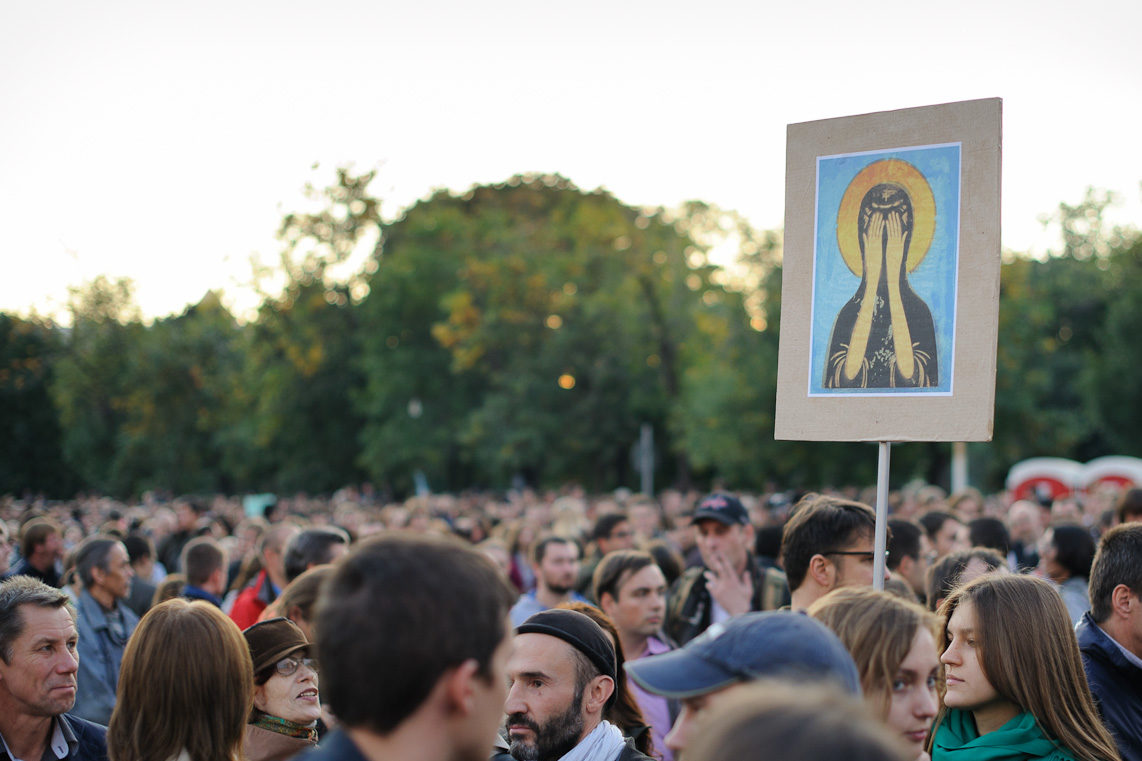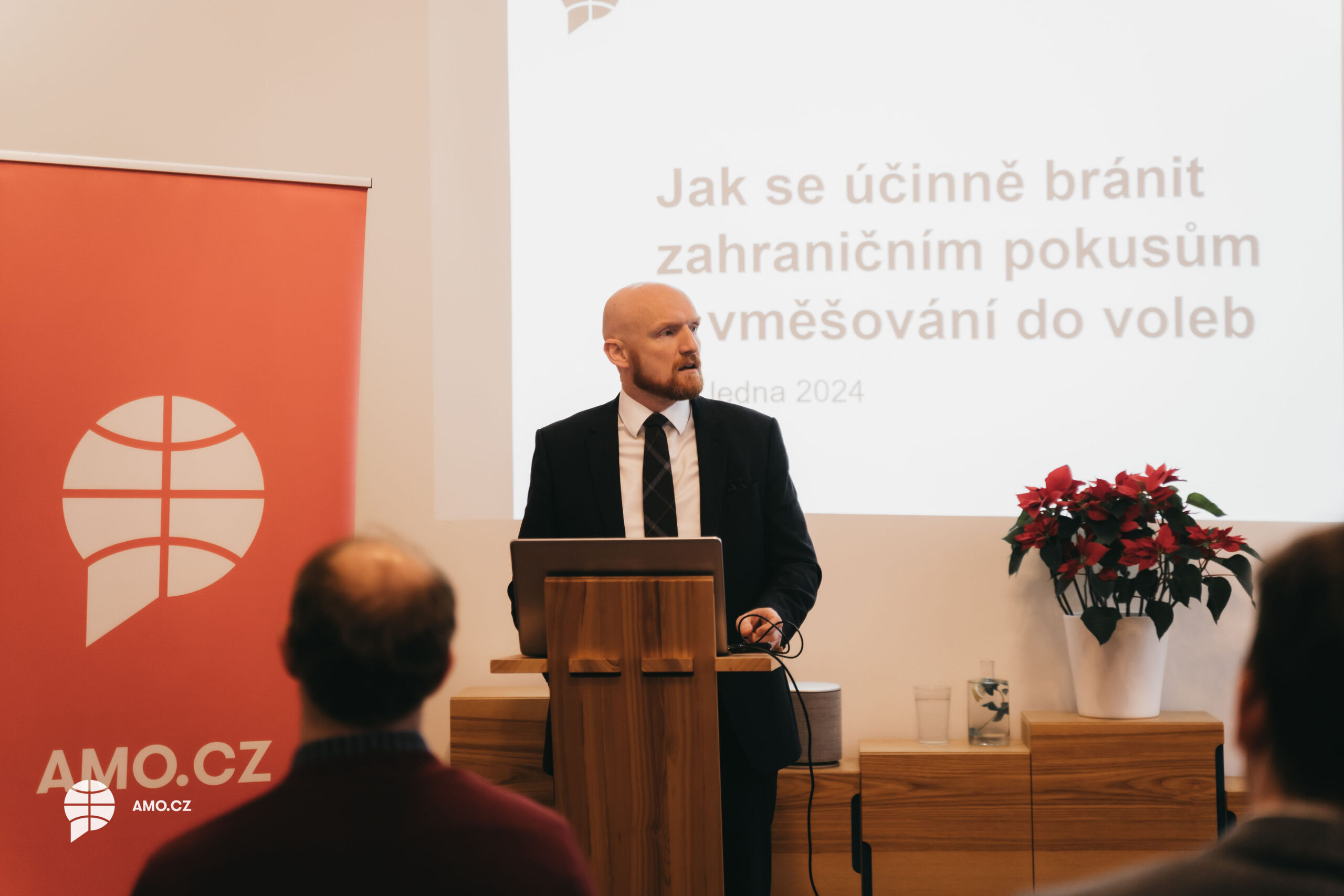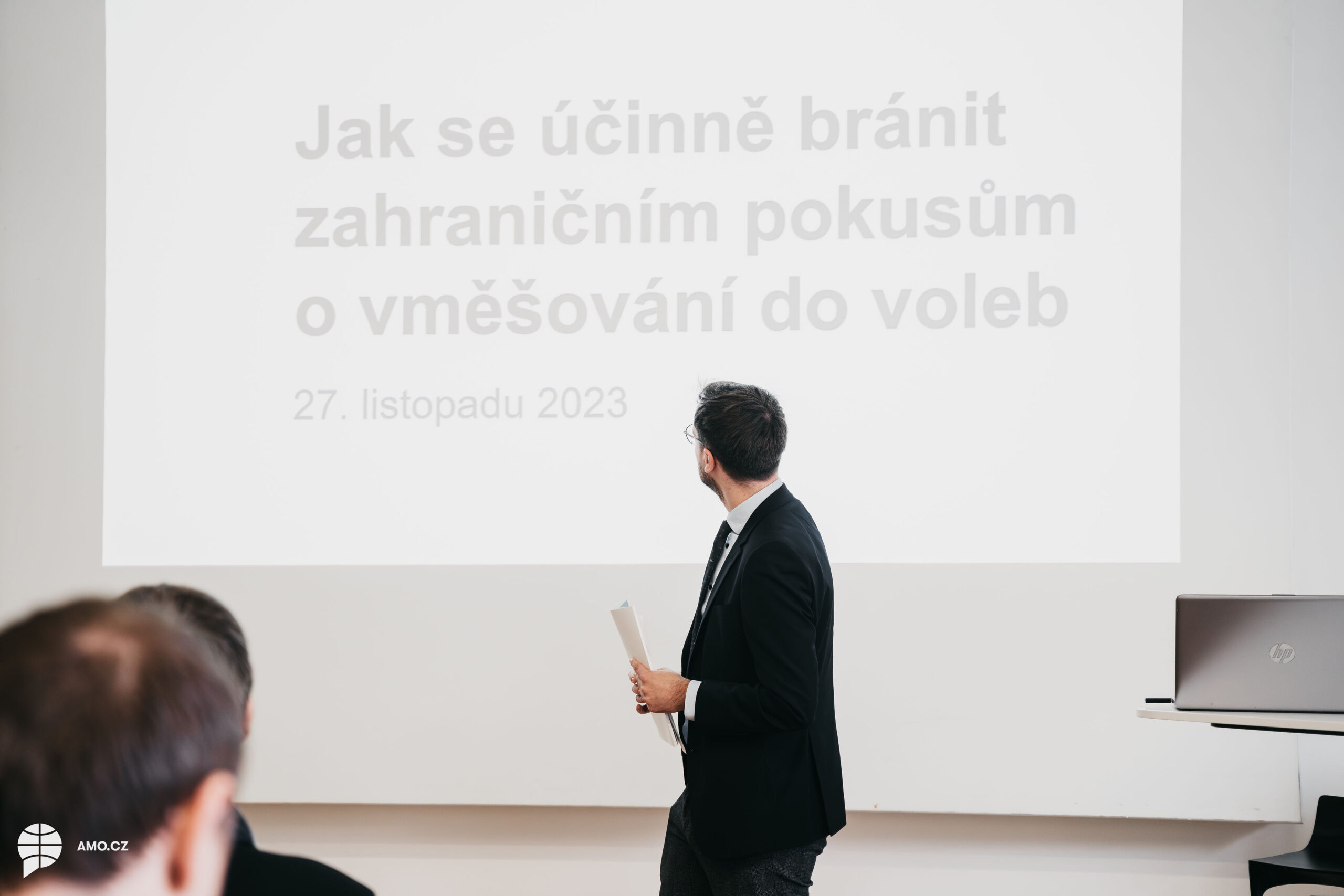This article was originally published in Euractiv and is republished here with the author’s consent.
As many predicted, Alexei Navalny – the most prominent critic of Putin‘s regime – was detained already at the passport control still inside the Sheremetyevo airport in Moscow and summoned to court shortly after. By this, the Russian authorities once again proved how afraid they are of their opponent-in-chief and how serious they take any attempt to challenge the Kremlin’s monopoly of power.
Due to this fact, the regime has recently started an unprecedented wave of repressions against civil society, independent media as well as political opposition that it plans to liquidate by introducing a whole series of measures that aim at isolating the critical voices in Russian society as well as cutting their ties internationally. All that is seriously affecting the Western relations with Russia and namely the EU’s fifth principle of bilateral relations on civil society engagement and people-to-people ties.
A new wave of repression
Following the highly fraudulent all-Russia voting on the amendments to the Russian constitution in July 2020, the Russian regime embarked on a journey of silencing any voice of opposition in society. A number of journalists, civil activists and even representatives of Putin‘s own regime were targeted shortly after the illegitimate changes to Russia‘s basic law.
Nevertheless, the Russian authorities speeded up the process towards the end of 2020 when the parliamentarians in close coordination with the Kremlin submitted a number of repressive bills that are targeting civil society, independent media and opposition. The main tool for that has been the infamous “foreign agent” law that was designed to label critics of Putin’s regime already in 2012 but was fundamentally amended in November and December last year. The legislation has already caused hundreds of civil society organisations to close, but this time it might serve to liquidate the “disloyal” part of Russian society altogether. Especially since more cases of emigrations, self-censorship and demonising foreign cooperation and openness can be expected.
The series of legislative changes include further limiting the civic space and tightening control over foreign agents’ work and planning, which newly needs to be approved by the government. At the same time, the list of potential candidates has been extended and now includes individuals, journalists or unregistered organisations too. On top of that, the foreign agent law newly prevents civil organisations from entering the education system and limits the awareness-raising activities at schools. Finally, the law introduces new limitations on organising public events and freedom of assembly as well as criminal liability for non-compliance with any of the above.
Striving for isolation
Except for the domestic agenda, the new legislation also strives to isolate Russia from the international community and limit foreign influence in several key areas. The long-term rhetoric on the supremacy of Russia’s laws over the international norms and values is further strengthened, which should “protect” Russia also from, for example, rulings of the European Court of Human Rights and criticism of international institutions. The plan is that their influence should be further restricted by introducing new administration and legal obligations for branches of international organisations, including – for example – German political foundations. If finally approved, it would mean that the international actors would need to have their programming pre-agreed with the Russian Ministry of Justice.
Using the same logic, social media platforms spreading “anti-Russian” narratives, for example, related to the country’s history or culture should be limited, and even closed down if not fulfilling the new rules. The same is true for foreign influence in the education system and Russia‘s youth that should be limited by further expanding the so-called “patriotic” content.
Most recently, the Russian regime also targeted several international actors and added them to the list of so-called “undesirables”, by which it restricted their activities and partnerships with Russia-based entities. Among them, the Prague Civil Society Centre as well as Association of Schools of Political Studies run by the Council of Europe were blacklisted just before the end of last year. They now joined the list of other EU-based organisations, such as Czech NGO People in Need or the European Endowment for Democracy, which were both targeted several months ago. More cases, particularly in the area of environmental protection and climate change, may follow very soon.
Political implications
It should be clear that Putin’s regime has finally decided to liquidate all critical voices in Russian society and severely limit any international cooperation and people-to-people contacts with the West. This is motivated by Western long-term criticism of Russia‘s aggressive foreign policy as well as upcoming parliamentary elections that are taking place in September 2021.
It is clear that the Kremlin wants to do everything possible to have full control over the situation in the country not just in September this year, but also before the crucial next presidential elections in 2024 when Putin’s last mandate based on the original 1993 constitution is to end. It is this sensitivity and fear of losing ground that pushes Putin to increase the stakes in the game for Russia’s future. This also explains why one of the laws prohibits foreign agents to take public offices, despite being elected. And it is not surprising that Navalny‘s Anti-Corruption Foundation has been labelled as such some time ago.
What it means for the West is a game-changer. Not only has Russia decided to openly challenge its international obligations and, for example, the Council of Europe’s School of Political Studies, but it deliberately opted for escalation of relations with the West. Only this way, we can understand the recent labelling of European organisations as undesirables or poisoning and recent detaining of Alexey Navalny, despite the clear consequences of such actions. The old rules do not seem to apply anymore and the EU together with the new US administration of Joe Biden need to understand that.
It is necessary that the West starts paying much closer attention to the domestic situation in Russia. It needs to challenge Russia’s behaviour both bilaterally and internationally, especially since some of the norms – for example on the branches of international actors – have not been approved yet, while stepping up its support the country-based actors.
A new strategy should be developed to respond to the new situation on the ground and sufficient financial resources and capacity must be dedicated to that. In addition, the EU‘s Global Human Rights Sanctions Regime should be applied, and new economic pressure exercised if Russia does not stop challenging one of EU’s five fundamental principles of cooperation with Russia – the civil society engagement and people-to-people ties. The West should also consider simplifying the visa-regime for particular groups in society, namely the human right defenders, civil society activists or media representatives and youth that are increasingly targeted by the authorities. New and out-of-box solutions should be applied to make their survival possible.
It is clear that the old rules of the game in Russia are changing dramatically. The West should quickly take it into account and respond with all political, economic and diplomatic means available. There needs to be a change in strategy towards Russian repressions and brutality both inside and outside of its borders.
The new US administration of Joe Biden is an opportunity in this sense and Europeans should do everything possible to get their US counterparts on board with this issue, together with international institutions such as Council of Europe, OSCE and third like-minded parties. Only this way, the new wave of repression against Russian civil society can be stopped and maximum pressure exercised. Or at least the enormous impact of these measures mitigated.
Image source: Wikimedia Commons


